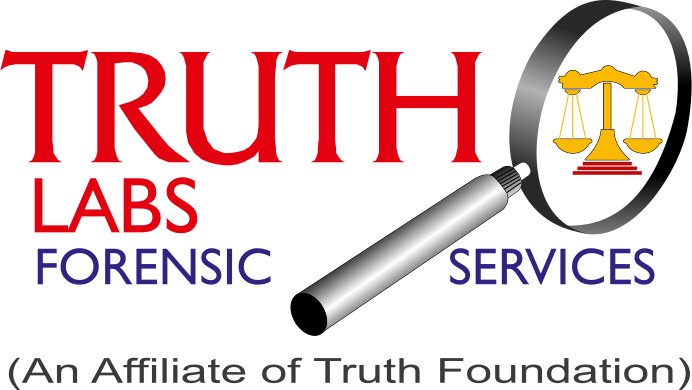Forensic Science and Law.
Let us examine the relationship between forensic science, law, and justice. In today’s world of technology, boundaries are being blurred and international law is increasingly being used to give shape and form to issues of data, privacy, policing, and justice. At the same time, the development, distribution and use of new technology must itself be governed by the rule of law. If used improperly, technology can pose a threat to the rule of law. Additionally, data privacy is part of an individual’s right to privacy and should always be protected when creating new applications.
Science is the systematic approach that builds and organizes knowledge in the form of testable explanations and predictions about the universe. Law, on the other hand, refers to the system of rules which have been laid down by the social institutions to regulate the actions of members and it may enforce such behaviour by the imposition of penalties.

However, with the growth of scientific and technological advances, law, and science, the two disciplines became interdependent on each other. The law also plays an essential role in the development of innovation and promoting technologies through legal doctrines and mechanisms. The most important aspect relates to intellectual property, by which the law gives the investors and creators a time-limited exclusive right to commercially exploit the output of the work of their workers. The main objective of protecting intellectual property is to promote innovation, by giving researchers, and authors economic incentives which will aid them to create new inventions and works.
New technologies cause fundamental challenges to traditional doctrines. For example, digital information might not be adequately protected by old traditional laws and it requires the copyright owner to bring a lawsuit alleging infringement. Because unlimited copies can be made by simply uploading material on the internet and thereafter, legislatures and courts have extended more copyright protection for digital data. There also exist challenges in adapting patent law to genetic discoveries. Patenting genes have raised numerous scientific, legal, ethical and practical complexities that established patent law not yet equipped to address.



